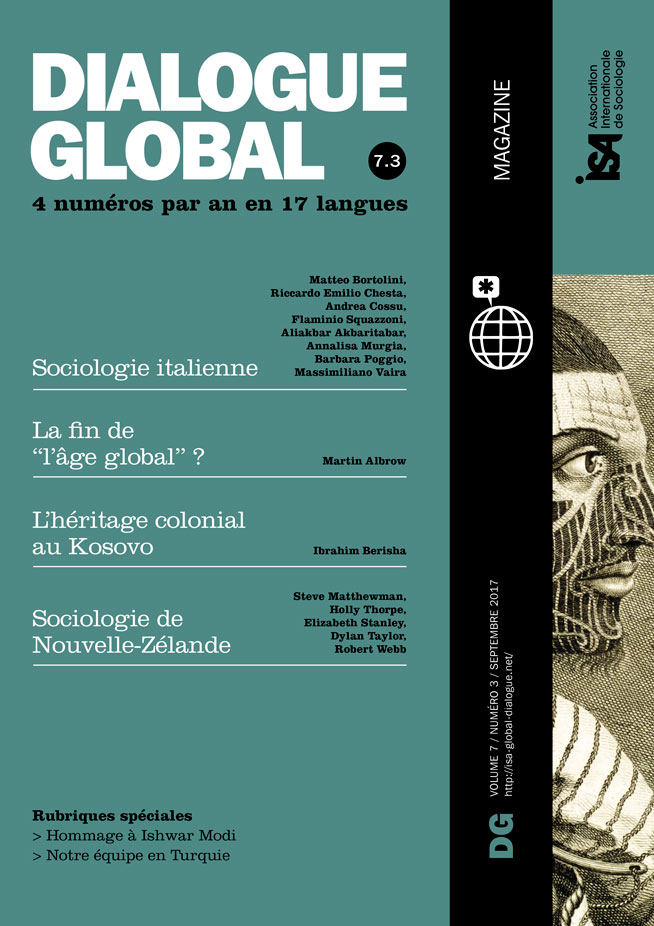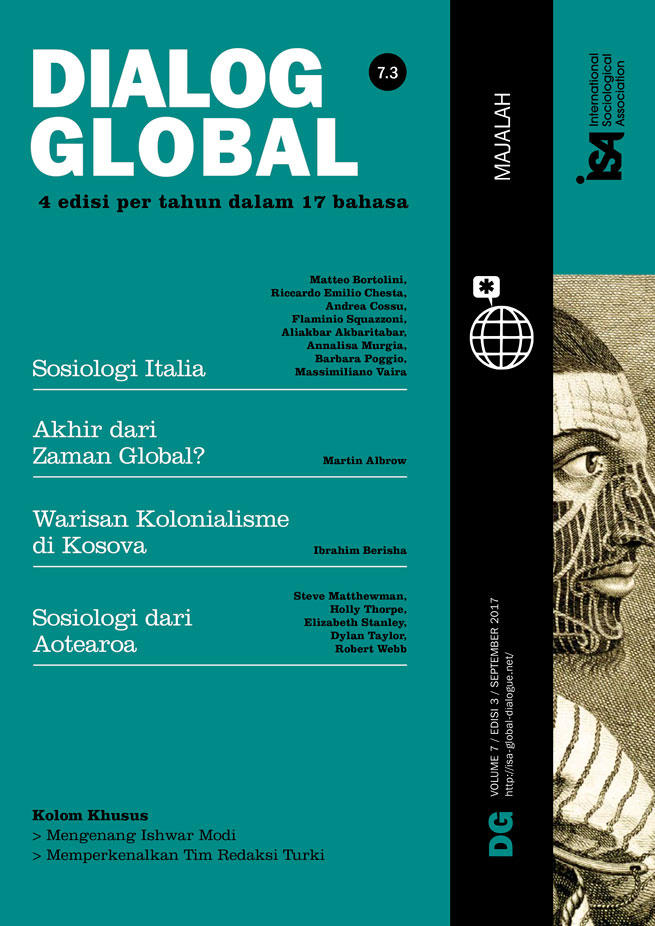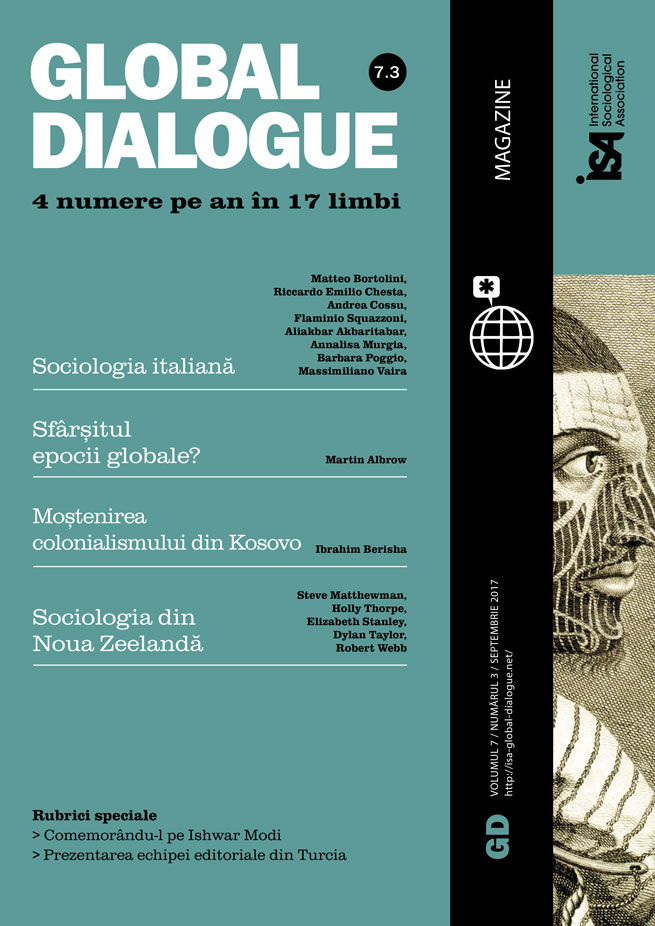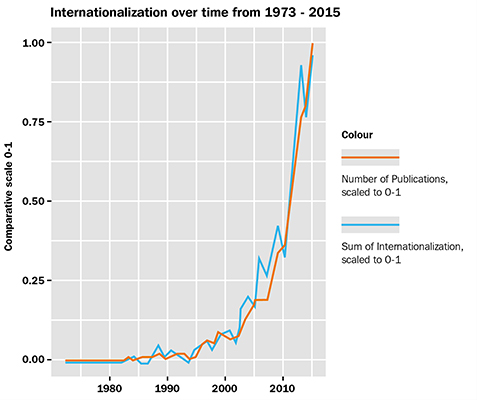University of Brescia, Italy Italian sociologists work in a wide range of educational and research institutions located in different regions of Italy. Established hiring and promotion practices – developed through a complicated mix of top-down regulations, co-existing and conflictual “paradigmatic” schools and local “cliques” – have allowed sociologists to expand their academic influence and find positions in many institutions. For example, across Italy’s universities, the number of sociology faculty is similar to that of economists (around 1,000 full, associate and assistant professors). However, while this may show our community’s successful evolution it is unclear whether these practices have truly fueled excellent research, or have jeopardized it.
To develop some quantitative insight into Italian sociologists’ publications, we took the names of all 1,227 Italian sociologists (including post-docs enrolled in 2016) from the MIUR (Italian Ministry of University and Research) website, and then searched the Scopus data set, which includes international journals, conference proceedings, monographs and book chapters, as well as the most prestigious national journals, from the 1970s to 2010s.
We found that 63.8% of Italian sociologists have at least one publication indexed in Scopus. This means that one out of three sociologists in Italy does not have a single record in recognized international journals, conference proceedings, book series or Italy’s most prestigious journals.
A few Italian sociologists’ names appear frequently in the data set. For example, five individuals have published more than 35 indexed publications. On the other hand, about 20% (249 sociologists) have published only one article in their whole career. If we consider the impact of publications, we found that 52.4% (1,840 out of 3,515 publications) had no citations reflected in the data.
Interestingly, the data suggested a geographical divide. Sociologists working in Northern (45.5%) and Central (27.2%) universities published significantly more than those working in Southern universities, suggesting either self-selection bias or a negative context effect, perhaps reflecting uneven socio-economic development across geographical regions. However, only further analysis of university hiring process, which would require reconstructing hiring committees and candidates via the MIUR database, could reveal whether this bias is more due to self-selection and homophily than to context effects.
While observers of Italian academy may not be surprised at this finding, we found other interesting results when time series were included. We considered international co-authorships, which suggest sociologists are more active in the international community and so more exposed to international research standards. After counting the number of non-Italian co-authors as a proportion of the total number of co-authors for each single individual, and scaling data over time, we found that the rate of international collaborations has significantly increased in recent years, as did the number of publications. These trends are quite similar, with a growth of more than 50% of international collaborations over the past ten years (see figure).
Although further analysis would require looking systematically at causal factors, this trend is probably a positive result of ANVUR (the Italian national agency for the evaluation of the university and research system) national research assessment, which was established in 2010 and assessed sociology research published from 2004. Although it takes time for scientists to adapt their publication strategies, many sociologists who were not particularly familiar with international journals probably realized the importance of publishing in well-established outlets. Alternatively, sociologists who published internationally may have decided to invest even more in international publications to pay off an initial investment.
We do not want to suggest that institutional pressures have simple Darwinian effects, in which scientists simply adapt to increase their fitness. However, increased competition for funds at national and international levels and growing attention to university and department productivity could promote increased internationalization and the importance of publishing in prestigious international journals for the purposes of increasing their academic reputation. In a nutshell, we could say “Eppur si muove” – “And yet it moves”!
Flaminio Squazzoni, University of Brescia, Italy <flaminio.squazzoni@unibs.it>
Aliakbar Akbaritabar, University of Brescia, Italy






















